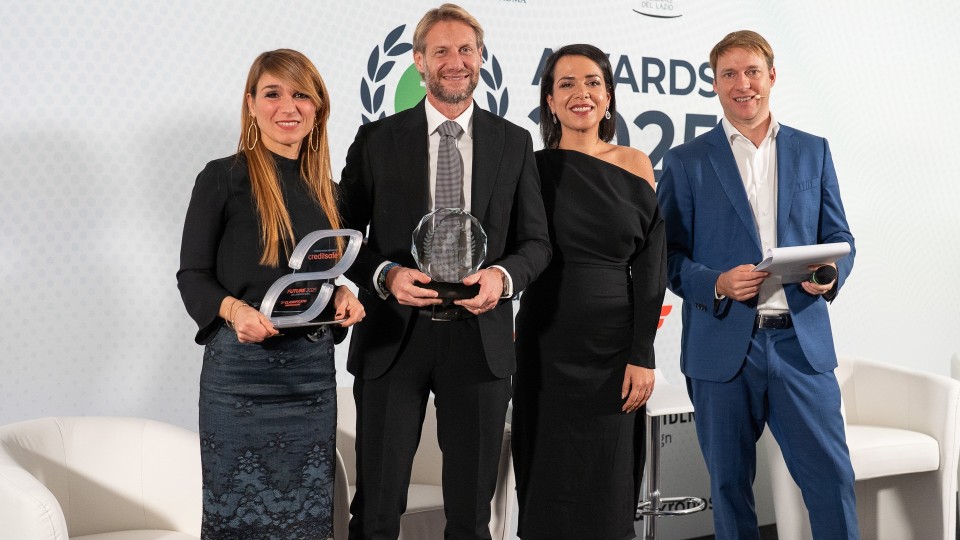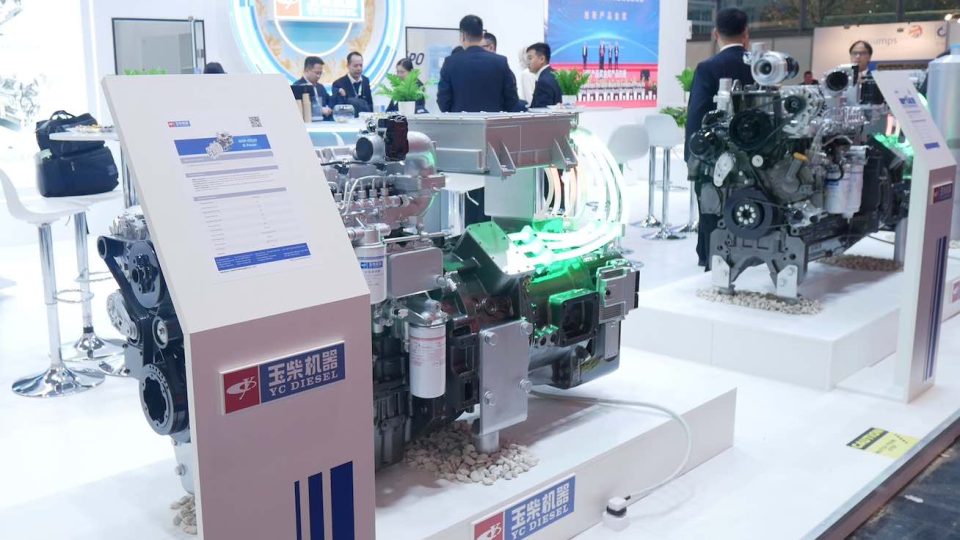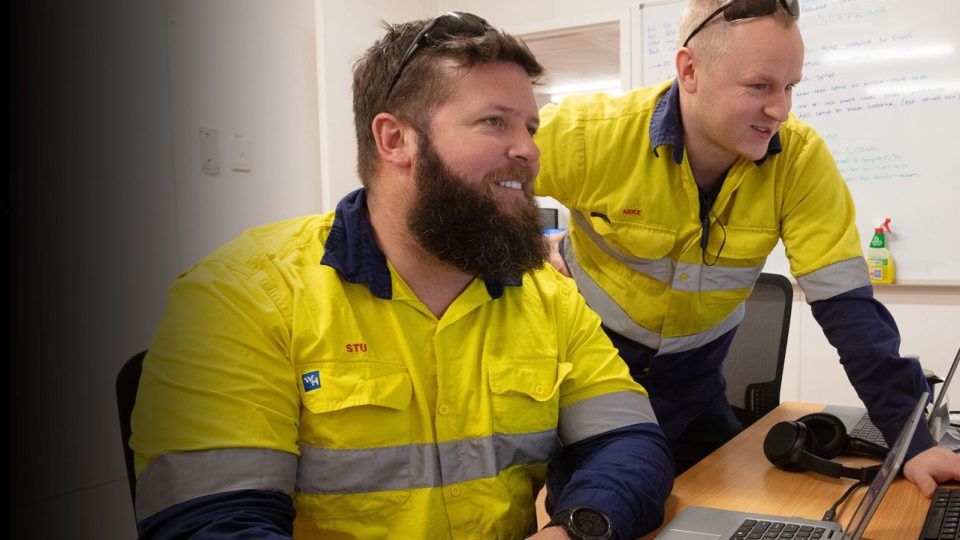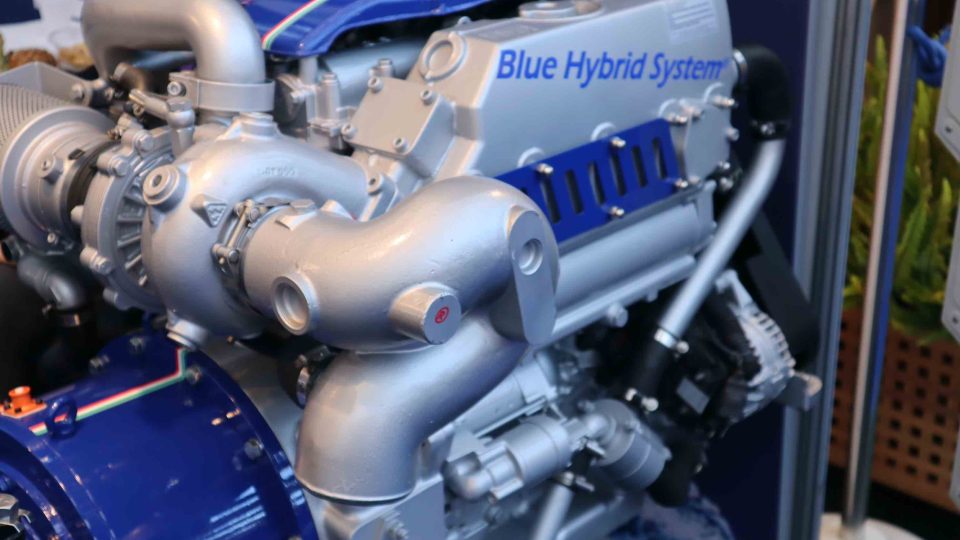Deutz to improve renewable fuels
Deutz improves renewable fuels and presented the Nicolaus August Otto Award to Professor Anke Kaysser-Pyzalla

Deutz’s strategies for achieving the best possible compromise between decarbonisation and sustainability, also understood as feasibility, also involve renewable fuels.
Deutz likes renewable fuels
Talking about renewable fuels the German company announced that all Deutz diesel engines for mobile work machinery are designed for a cetane number of at least 45. When using fuels with a low cetane number, a disturbing formation of white smoke and ignition stutter is to be expected under some circumstances. A cetane number of at least 40 is approved for the US market, which is why special engine versions were developed to avoid starting difficulties, extreme white smoke or increased hydrocarbon emissions. If the use of fuels with a very low cetane number is also known in advance in other countries, we recommend ordering the engines in EPA versions. In winter, it is generally recommended to use fuels with a higher cetane number than the minimum requirement of 40.
Paraffinic fuels and so on
The detailed technical circular says also that synthetic and paraffinic fuels are produced by Fischer-Tropsch synthesis using catalytic hydrogenation. Production is by natural gas (GtL), biomass (BtL) and vegetable oils/waste fats and oily residues not required for agriculture and the food industry (HVO). Another option is to produce paraffinic diesel as an eFuel or reFuel using the Power-to-Liquid (PtL) process. The starting point here is the production of hydrogen using electrolysis. In an additional step, the hydrogen can be processed with carbon monoxide to form a synthesis gas via the Fischer-Tropsch process to produce a synthetic diesel. The carbon monoxide is obtained from carbon dioxide (CO2) from industrial processes, biogas or from the air.
THE COMPLETE DEUTZ TECHNICAL CIRCULAR
Nicolaus August Otto Award
Deutz presented the Nicolaus August Otto Award to Professor Anke Kaysser-Pyzalla. The Chair of the Executive Board of the German Aerospace Center (DLR) received the prestigious innovation prize at the #neuland conference in Aachen in recognition of her work in research and management. The Nicolaus August Otto Award recognizes researchers and visionaries and promotes innovative ideas in the fields of drive technology, energy efficiency, and the future of mobility. Professor Kaysser-Pyzalla completed her doctorate and qualified as a university lecturer at Ruhr University Bochum. Following research activities at the Hahn-Meitner Institute and the Technical University of Berlin, she conducted research and taught as a university professor at the Vienna University of Technology. She later joined Max-Planck-Institut für Eisenforschung GmbH in Düsseldorf as a scientific member, director, and then managing director. In 2008, she was appointed scientific director of the Helmholtz Center for Materials and Energy in Berlin. Professor Kaysser-Pyzalla was President of the Technical University of Braunschweig until she joined the DLR in October 2020.







